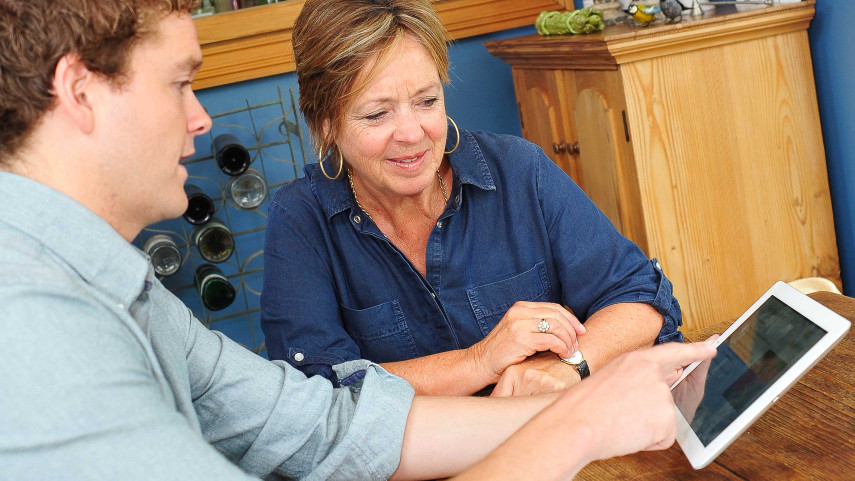
Council grant bolsters student volunteers

Share this story
A $150,000 boost to help the Student Volunteer Army (SVA) expand their work in the community is one of several new grants approved by Christchurch City Council.
The two-year grant will help the organisation broaden the range of services it provides rather than just holding one-off major events, SVA Chief Executive Sam Johnson says.
“So many groups ask us for help and we have to say no because we don’t have the funding support to do it. This grant is really investing in students so we can make a bigger impact in the city, helping older people with their shopping, supporting people with disabilities or providing mentors for teenagers. Wherever we can, we want to help out with plugging gaps.
“What we want to do is provide more meaningful, connection-based volunteer activities in Christchurch.”
The other grants approved by the Council’s Sustainability and Community Development Committee today are $23,000 to the Bromley Community Association for a Community Connector Initiative, and $75,000 to the Canterbury Community Gardens Association for a two-year Community Capacity initiative.
The grants come from the Community Resilience Partnership Fund which has contributed a total of $5.4 million to 53 initiatives since October 2017.
Committee Chair Sara Templeton says the goal of the fund is to strengthen connections between neighbours and whānau, and to support community-led initiatives.
“We want to cultivate local leadership, which the Student Volunteer Army has shown in spades. We’re also trying to build on existing community strengths, encourage innovation and increase participation in local programmes and events. We've seen how important connection and resilience is for the whole city.”
The Committee also approved funding allocations from the 2020/2021 Metropolitan Strengthening Communities Fund to a large number of organisations, including Canterbury Hockey Association, the Court Theatre Trust, the Battered Women’s Trust and the Christchurch Arts Festival Trust.
It also decided how the $500,000 boost to the Strengthening Communities Fund, made through the Annual Plan, would be divvied up. Some $180,000 will go to the Metropolitan Discretionary Response Fund to support organisations facing increased demand as a result of COVID-19. Twenty thousand dollars will go to the Banks Peninsula Community Board’s Discretionary Response Fund. The remainder will be split evenly ($50,000 each) between the other six Community Boards’ Discretionary Response Funds.
• In another move, the Committee has approved setting up an Events and Festivals Discretionary Response Fund to provide one-off support to city and community activations to aid recovery following COVID-19 lockdowns and uncertainty.
